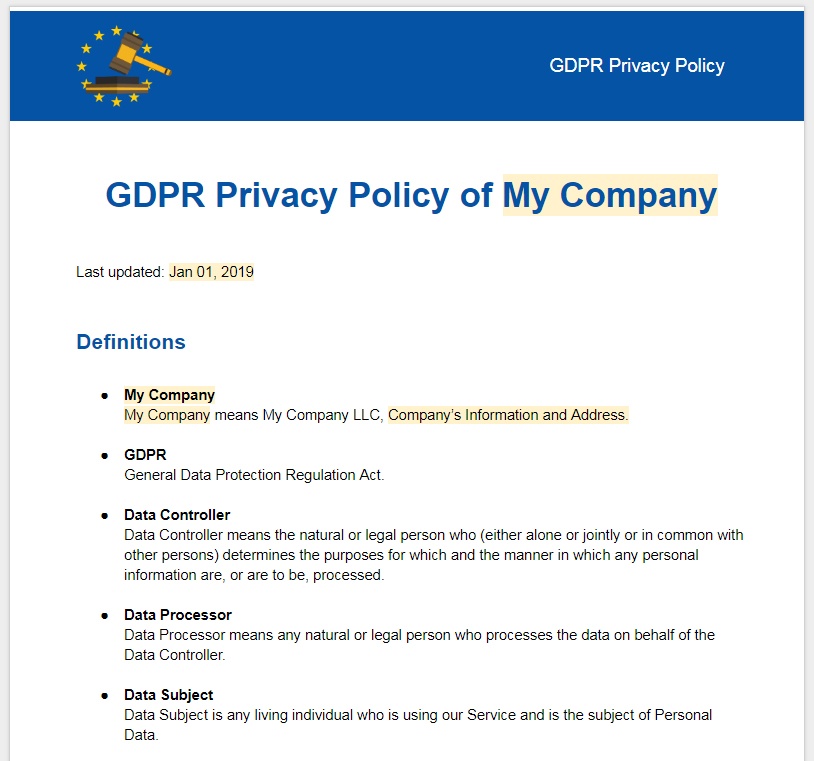
The requirement to process personal data fairly and lawfully is extensive. The impact of the GDPR on this issue is unknown at this stage (e.g., because the impact on organisations is dependent upon secondary guidance that has not yet been written). The impact of the GDPR on this issue is likely negative for most organisations (e.g., because the GDPR introduced a new obligation on organisations). The impact of the GDPR on this issue is likely neutral for most organisations (e.g., because the requirements under the GDPR and the Directive are essentially the same). The impact of the GDPR on this issue is likely positive for most organisations (e.g., because the GDPR provides certainty in relation to a previously unclear issue). Under the GDPR, the position on this issue has not materially changed (e.g., although the wording may be different in the GDPR, the nature of the relevant obligation is unchanged). Under the GDPR, the position on this issue has materially changed (e.g., the GDPR has introduced a new obligation that did not previously exist). The following icons are used in the table, to clarify the impact of each change: In particular, organisations should pay close attention to the principles of transparency and data minimisation while implementing new data processing activities. Organisations need to ensure that their data processing activities are carried out in accordance with the Data Protection Principles set out in the GDPR. Hence, all types of organisations are affected. The nature of an organisation's business, and the sector in which it operates, make no difference to that organisation's obligation to comply with the Data Protection Principles. What types of organisations are most affected?


Consequently, it is vital for organisations to understand these Principles. If an organisation cannot satisfy the Data Protection Principles (and if no exemption or derogation applies) then such processing will be unlawful. The Data Protection Principles provide the conditions on which an organisation is permitted to process personal data. Previous Chapter | Next Chapter | Index of Chapters Why does this topic matter to organisations?


 0 kommentar(er)
0 kommentar(er)
